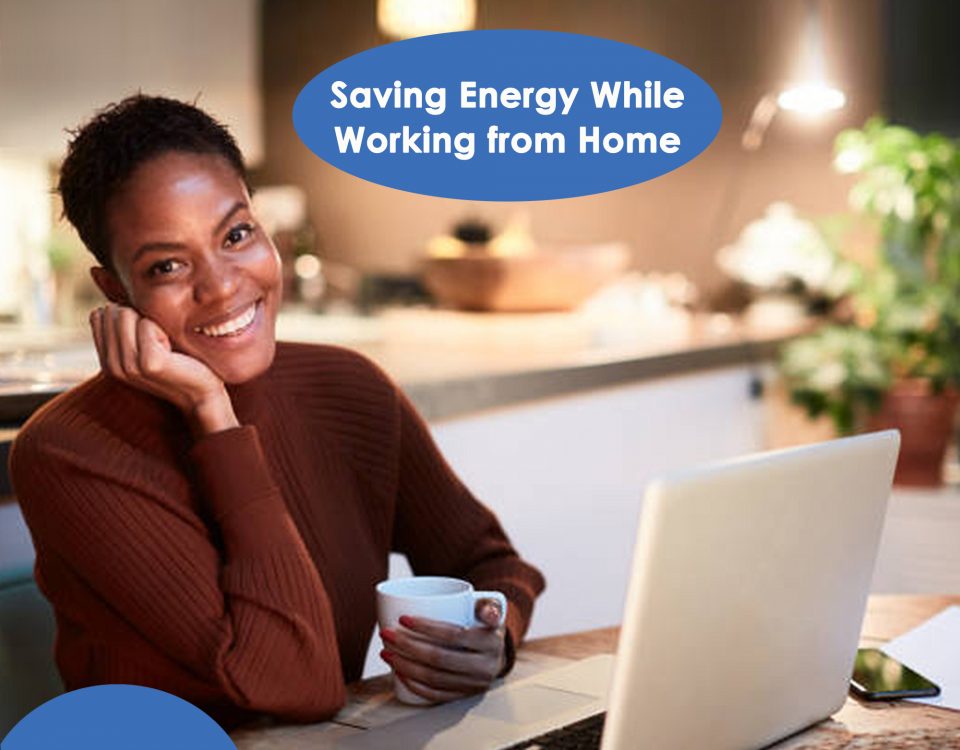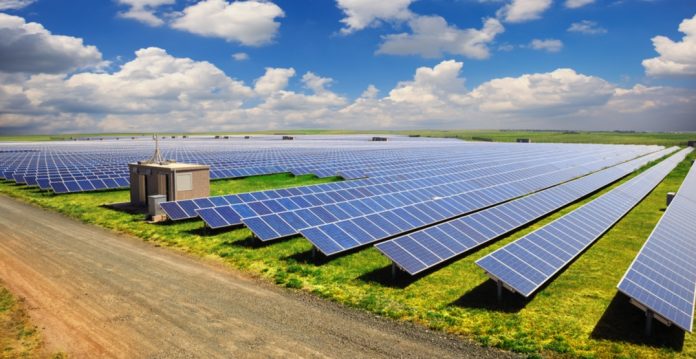How to Avoid Heat Stress

What Solar Home Systems are and their electrical Value
2018-03-04
How to combat Noise Pollution
2018-03-09Heat stress (as defined by CCOHS &Environmental Health Dept.-IOWA STATE UNIVERSITY) is the overall heat load a person is exposed to. This includes a series of conditions where the body is under stress from overheating.
Thank you for reading this post, don't forget to subscribe!When the air temperature or humidity rises above the range for comfort, problems can arise
As the temperature or heat burden increases, people may feel:
- Increased irritability.
- Loss of concentration and ability to do mental tasks.
- Loss of ability to do skilled tasks or heavy work.
- Disturbed sleep
Exposure to more heat may affect performance and can cause health problems such as:
- Heat edema: This is a swelling that occurs when working in a heated environment.
- Heat rashes :These are tiny red spots on the skin which cause a prickling sensation during heat exposure.
- Heat cramps : These are sharp pains in the muscles that may occur alone or be combined with one of the other heat stress disorders. The cause is salt imbalance resulting from the failure to replace salt lost with sweat.
- Heat exhaustion: This is caused by loss of body water and salt through excessive sweating
- Heat syncope :This is heat-induced dizziness and fainting induced by temporarily insufficient flow of blood to the brain while a person is standing. It occurs mostly among unacclimatized people to heat. It is caused by the loss of body fluids through sweating, and by lowered blood pressure due to pooling of blood in the legs.
- Heat stroke is the most serious type of heat illness. Signs of heat stroke include body temperature often greater than 41°C, and complete or partial loss of consciousness.Heat stroke requires immediate first aid and medical attention. Delayed treatment may result in death.
One major way of curing these side effects is through cooling of the environment either by fans,air conditioners e.t.c .
Taking in cold fluid from time to time also helps.
Sleeping in cool well-ventilated environments too will go a long way
However to ensure that is taken care of,a home will need 24 hour constant power supply to power these appliances.This can be gotten through a Solar Home System.
Click the here to learn more




